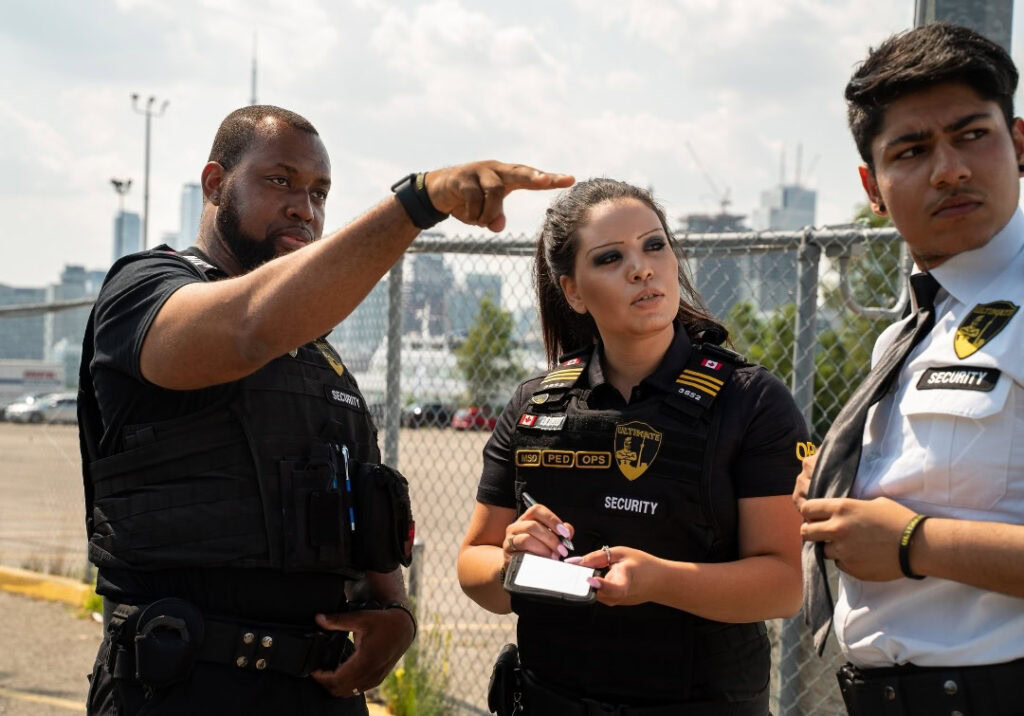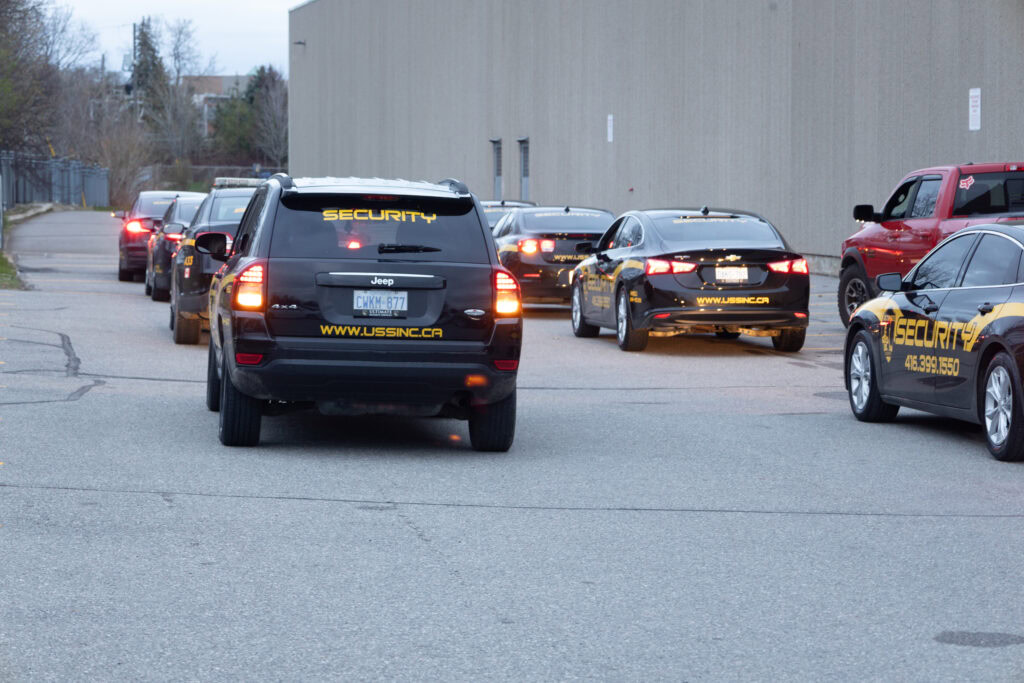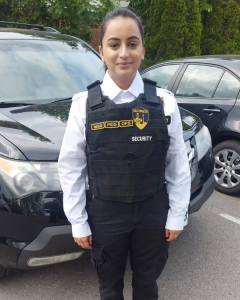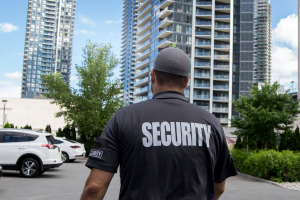Starting a neighborhood watch group is a proactive way to enhance the safety and well-being of your community. Bringing together neighbors with a common goal of keeping the area secure can make a significant difference in deterring crime and fostering a sense of unity. With the right approach, you can effectively organize a group that improves safety and strengthens community bonds.
The first step in starting a neighbourhood watch group is to assess your community’s specific needs and goals. Every neighborhood is unique, and understanding your area’s particular concerns will help tailor your watch group’s efforts. Whether it’s reducing theft, addressing vandalism, or simply increasing awareness, identifying these needs will provide a clear direction for your initiative.
Once you clearly understand your community’s needs, the next step is to recruit and organize volunteers. A flourishing neighbourhood watch group relies on active participation from residents. By engaging your neighbours and encouraging them to get involved, you create a strong, cooperative network. Organizing regular meetings and events can help maintain enthusiasm and commitment.
Effective communication is crucial for any neighbourhood watch group. Establishing clear channels for sharing information, whether through social media, email, or in-person meetings, ensures everyone stays informed and connected. Consistent communication helps keep the group coordinated and prepared to respond to any situation promptly.
Implementing security measures and patrols is the final step in creating a robust neighbourhood watch group. By setting up regular patrols and encouraging safe practices, you can significantly enhance the security of your community. Working together, your neighbourhood can create a safer and more harmonious environment for all residents.
Identifying Community Needs and Goals

The first step in creating a successful neighbourhood watch group is to identify your community’s specific needs and goals. This requires understanding the particular issues and concerns that affect your area. Start by talking to your neighbours and gathering their input on what they feel are the most pressing safety concerns. Common concerns may include increased thefts, vandalism, or even suspicious activities.
Conducting a survey can be an effective way to collect data on these concerns. Ask questions that help pinpoint the most prevalent crime type and the times or locations where they occur the most. This information will guide your group in setting clear and achievable goals. For instance, if theft is a significant issue, one of your primary goals might be to reduce the number of break-ins in the neighbourhood.
Once you have identified these needs, set clear and realistic goals for your neighbourhood watch group. Ensure these goals are specific, measurable, attainable, relevant, and time-bound (SMART). Goals provide a road map for your group’s activities and help maintain focus and motivation among members. For example, a goal could be to reduce local break-ins by 20% within the first year of operation.
Recruiting and Organizing Volunteers
Recruiting and organizing volunteers is crucial for the success of a neighbourhood watch group. Start by contacting your neighbours and explaining the benefits of having a watch group. Use community meetings, social media, flyers, and word of mouth to spread the message. Highlight how participation is vital for a safer, more cohesive community.
Hosting an initial meeting is a great way to gather interested individuals. During this meeting, share your findings from the community needs assessment and discuss the group’s goals. Encourage open dialogue so potential volunteers feel heard and valued. Make it clear that every resident’s involvement is important, no matter how small.
Once you have a group of interested volunteers, assign specific roles and responsibilities. These roles could include patrollers, coordinators, and communication liaisons. Providing training sessions can help volunteers understand their tasks and the best practices for staying safe while performing them. Regularly scheduled meetings can help keep everyone informed, motivated, and engaged. By creating a well-organized team, your neighbourhood watch group will be more efficient and effective in achieving its safety goals.
Establishing Effective Communication Channels

Effective communication is a cornerstone of any successful security initiative. For mobile security patrols to be effective, clear communication lines must be established within the security team and with the community and local authorities. Communication ensures everyone is on the same page, understands their roles, and can quickly respond to any issues.
One of the primary ways to establish communication is through two-way radios or mobile phones. This allows patrols to constantly contact each other and their control centre. If a patrol encounters a problem, they can immediately alert the necessary parties, ensuring a swift response. Additionally, communication tools help coordinate activities and cover larger areas more efficiently.
Community engagement is equally important. Regular meetings with community members and local businesses can help identify potential security concerns and create a sense of teamwork in crime prevention. Creating a dedicated hotline or an email address for the community to report suspicious activities can also be beneficial. By fostering open communication channels, mobile security patrols can work more effectively and gain the support of the community they protect.
Implementing Security Measures and Patrols
Once the communication channels are in place, the next step is implementing effective security measures and patrols. Start by mapping out the areas needing patrolling, considering crime hotspots and vulnerable points. This helps ensure that no area is left unchecked and that patrols are conducted efficiently.
Mobile security patrols should follow staggered schedules to avoid being predictable. Varying patrol routes and times can make it harder for potential criminals to time their actions, thus acting as a strong deterrent. Patrols should also be well-equipped with tools like flashlights, first aid kits, and communication devices to handle any situation.
Regular training for the security personnel is crucial. Training should cover conflict de-escalation, emergency response, and the proper use of security equipment. A well-trained team is more capable of managing incidents effectively and ensuring community safety.
Additionally, consider integrating technology such as GPS tracking and surveillance cameras. This can help in monitoring patrol movements and capturing any suspicious activities in real time. By combining human vigilance with technological support, you can create a robust security framework that significantly reduces crime risk.
Get Quality Neighbourhood Watch Solutions
Mobile security patrols are a vital part of modern security strategies. They offer a dynamic and flexible approach to maintaining safety, ensuring that large areas can be covered quickly and efficiently. By establishing clear communication channels, engaging with the community, and implementing rigorous security measures, we can create an environment where everyone feels safer.
At Ultimate Security Services, we understand the importance of effective mobile security patrols in preventing crime. Our experienced team is dedicated to providing top-notch neighbourhood watch solutions tailored to your specific needs. Contact us today to learn more about how we can help enhance your security and provide peace of mind. Your safety is our priority.



